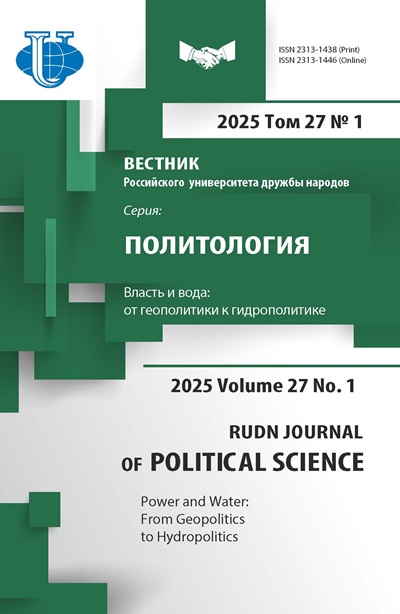Abstract
The formation of the country’s image is one of the components of the national identity policy construction. The purpose of this study is to identify the substantive characteristics of the policy of the three Caspian states - Kazakhstan, Turkmenistan, and Azerbaijan - within the formation of both the image of their countries and the macro-region. The concept of the ‘discursive power’ is applied; the empirical methods used are an online survey, focus group and expert interviews. The author characterizes the main groups of factors influencing the construction of the image in the countries under consideration, identifies the types of image policies, main strategies, and technologies. We focused on the problems and prospects of forming the image of the Caspian macro-region. According to the surveys of citizens conducted in Kazakhstan, Turkmenistan and Azerbaijan, the structural characteristics of the macro-region image are as follows: the ecosystem of the Caspian Sea and the common Soviet past. The main challenges to promoting the image of the macro-region are the lacuna of agencies in terms of institutions, general strategies and technologies, the uneven inclusion of the countries of the macro-region in the global and regional information space, the nature of center-regional relations in the countries of the region, the existing competition of macroregional projects. In the modern world order, the Caspian macro-region can be considered as a potential ‘center of power’, possessing enormous material and spiritual resources for development. The construction of its image, its promotion as one of the humanitarian components of the developing cooperation of the Caspian Five countries in the conditions of deglobalization and the creation of mega-regional projects that establish new standards and norms of interaction.
















